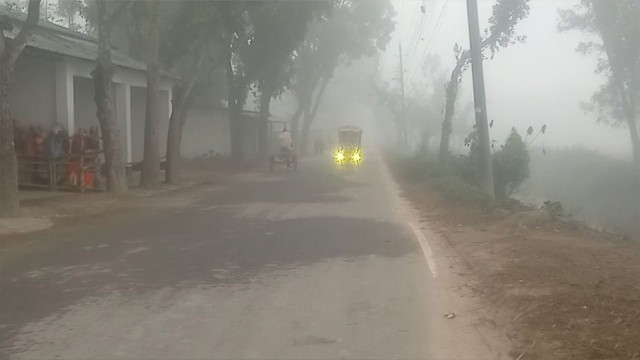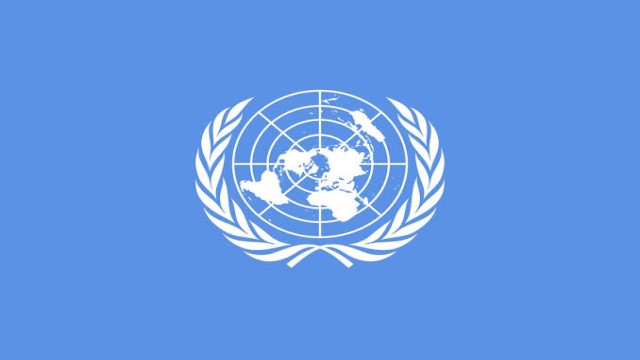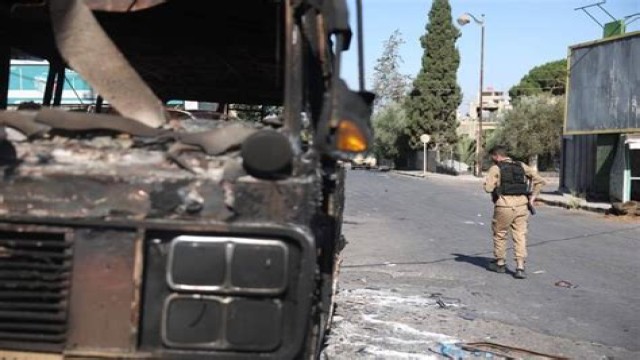Dhaka, the bustling capital of Bangladesh, continues to grapple with air pollution challenges, though recent data shows a modest improvement in air quality amidst the ongoing monsoon season. As of 9:05 am on Saturday, Dhaka registered an Air Quality Index (AQI) score of 73, classifying its air as 'moderate'.
The AQI scale categorizes air quality based on levels of particle pollution, with readings between 50 and 100 indicating moderate air quality. This classification suggests that while the air is generally acceptable, sensitive individuals should consider limiting prolonged outdoor activities.
Globally, Dhaka ranks 20th among cities with the poorest air quality, reflecting persistent concerns over pollution levels. The Democratic Republic of the Congo’s Kinshasa leads the list with an AQI of 179, followed by Pakistan's Lahore and Indonesia’s Jakarta with scores of 158 each.
The AQI index, which measures daily air quality, plays a crucial role in informing residents about the cleanliness or pollution levels of their city's air and the associated health risks. In Bangladesh, the AQI is based on monitoring five key pollutants: particulate matter (PM10 and PM2.5), nitrogen dioxide (NO2), carbon monoxide (CO), sulfur dioxide (SO2), and ozone.
Dhaka typically experiences worsened air quality during the winter months but sees improvements during the monsoon season, attributed to increased rainfall that helps cleanse the atmosphere of pollutants.
The World Health Organization (WHO) underscores the global health impact of air pollution, estimating that it contributes to seven million deaths annually. Respiratory diseases such as stroke, heart disease, chronic obstructive pulmonary disease (COPD), lung cancer, and acute respiratory infections are among the leading causes of mortality linked to poor air quality.
Efforts to mitigate air pollution in Dhaka and other urban centers are crucial for safeguarding public health and improving overall quality of life. As the city navigates these challenges, continued monitoring and proactive measures are essential to ensure sustainable progress in air quality management.






























Comment: